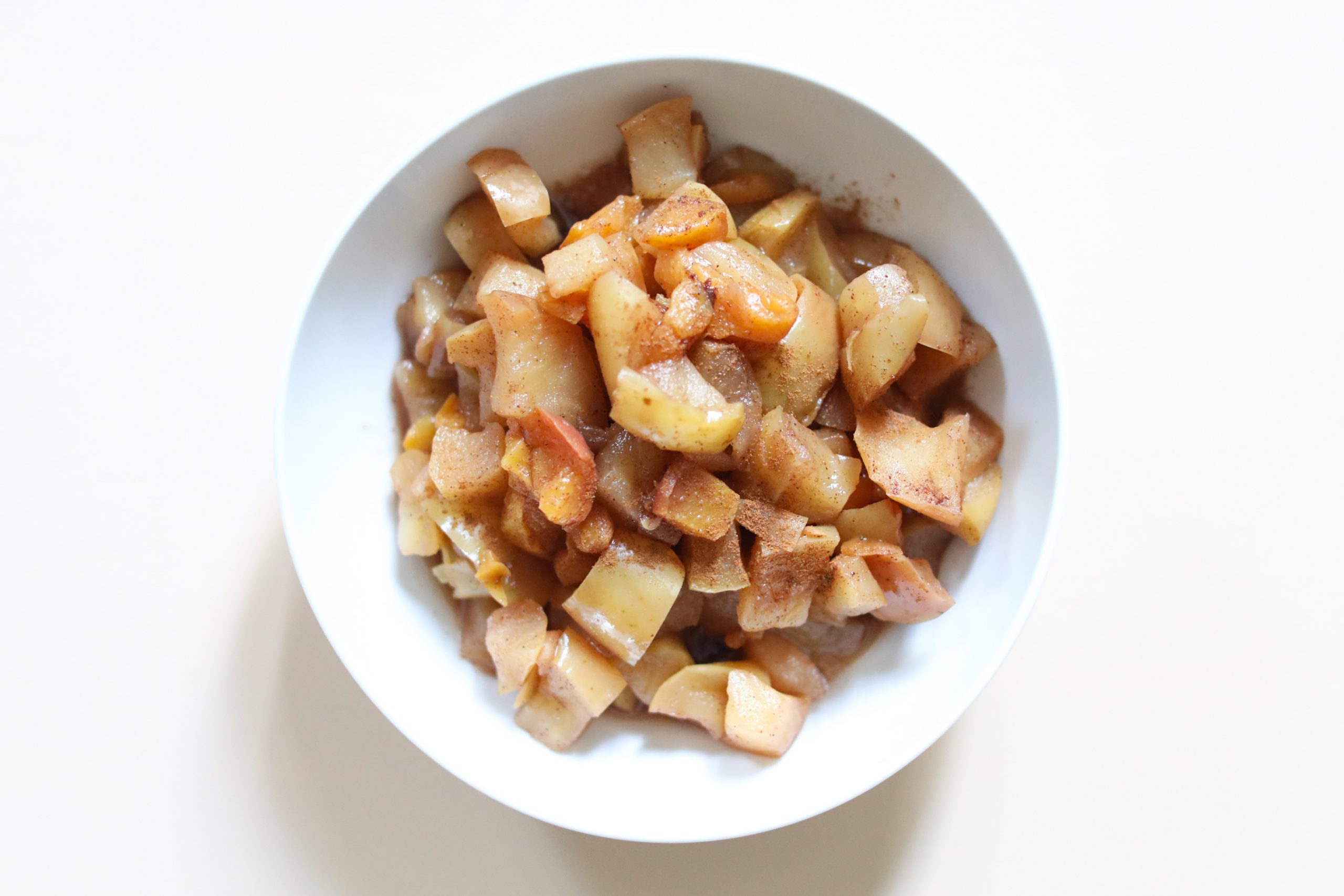Whether or not a variable-rate mortgage is a good option for you depends largely on market fluctuations. Rates for this type of mortgage are typically lower than those of fixed-rate mortgages, which is a win as long as the prime rate doesn’t go up too much. And historically, they’ve tended to average out to lower payments over time. But the past few years have reminded Canadians that huge increases are possible, and home owners who signed on for a variable-rate mortgage pre-2022 have been waving goodbye to an extra several hundreds or thousands dollars every month for the past year and a half. For some, though, these increases are unmanageable and can lead to a potentially dire financial situation.
What is a 5-year mortgage?
A five-year fixed mortgage allows you to lock into a specified interest rate for a full five years. Just like with a three-year term, you don’t have to worry about changing markets affecting your payments for the duration of the contract. This is very appealing to home owners with less tolerance for risk—it’s a nice, long period of predictability. It also means much longer stretches between dealing with the headache of renegotiating.
Being locked in for longer, however, puts you in a less flexible situation. If interest rates drop, you won’t be able to take advantage of those lower rates—unless you decide to break your mortgage early, a decision that comes with hefty penalty. Or if your financial situation changes or you want to sell your property sooner than anticipated, that five-year commitment is a bit of a roadblock.
With a five-year variable mortgage, your payments will change according to the whims of the market. Usually, variable mortgage rates are lower, but since currently they will likely give home owners greater savings over their mortgage term, they’re higher than fixed-rate mortgages.
Where are interest rates headed?
The soaring interest rates of the past couple of years have been a significant stressor on millions of home owners and would-be home owners across Canada. While early 2024 has seen inflation cool, the prime rate, which is currently at 6.95%, has come down only slightly from its recent high of 7.2%. Economists expect June’s BoC interest rate cut will be followed by gradual decreases over the next few years. Most predictions suggest we’ll reach a full 1% drop by the end of the year with rates stabilizing at 5.2% by the end of 2027.
Deciding on a mortgage term
So, what does this mean when it comes to choosing a mortgage? If the predictions are accurate, a variable-rate mortgage is a great way to take advantage of the downward trend and save some money. Just be sure there’s enough room in your budget to cover higher payments should there be any rate hikes. Five-year variable mortgages are currently being offered at lower rates than three-year variable loans, which could make them the winning choice.
However, if any level of risk is the kind of thing that keeps you up at night, a three-year fixed-rate mortgage could be a better option—there’s no unpredictability when it comes to that monthly payment, and interest rates will most likely have decreased quite a bit by the time you have to renew. A five-year fixed may not be the best choice right now, as you’ll get locked into higher payments at a time when interest rates are going down.
Rate decreases aside, the decision largely comes down to your future plans—are you holding on to your property for the long term or do you want to keep your options open?—and your appetite for risk. Find your comfort zone and a plan that works for you.




















Discussion about this post